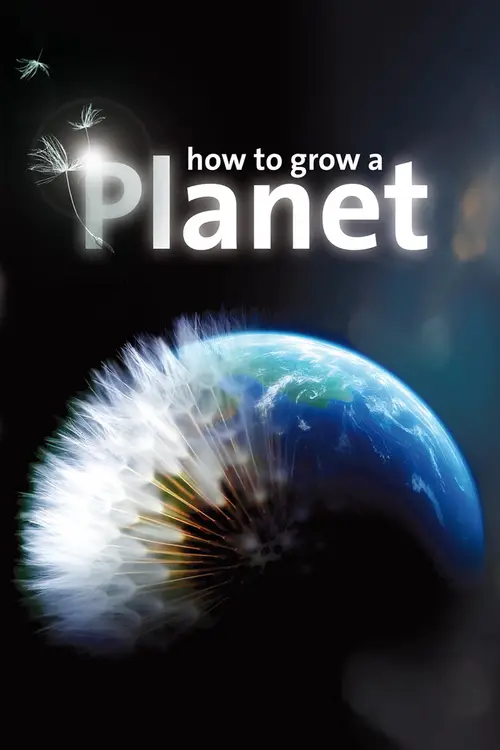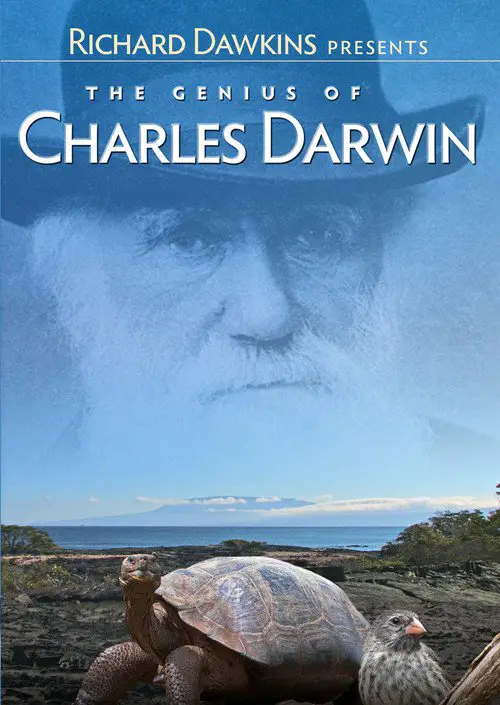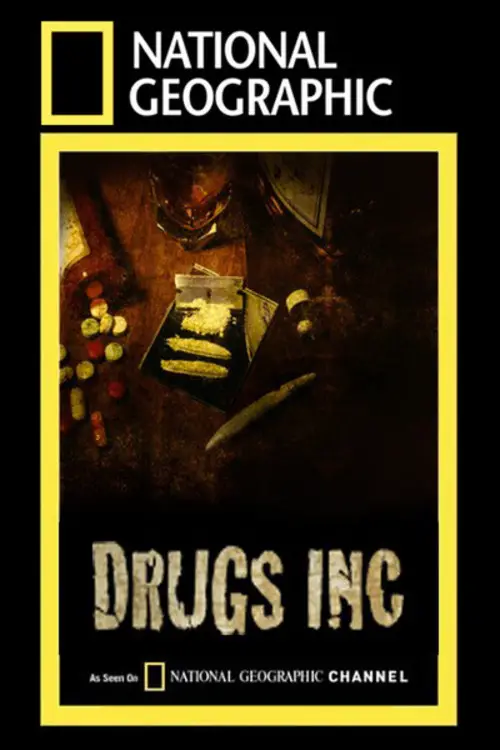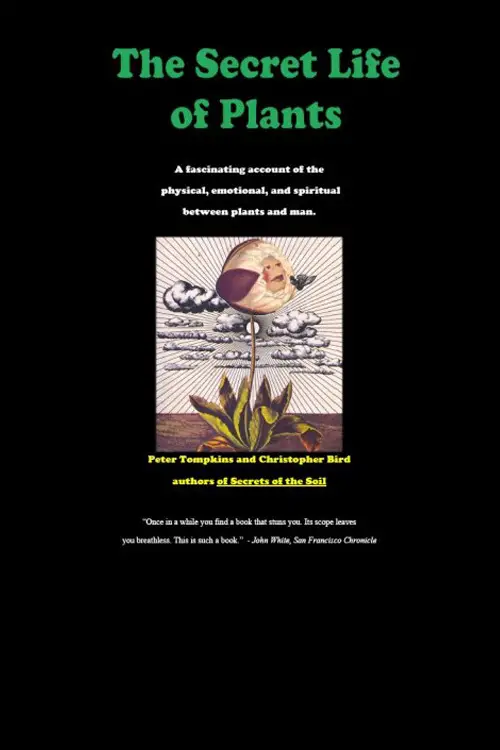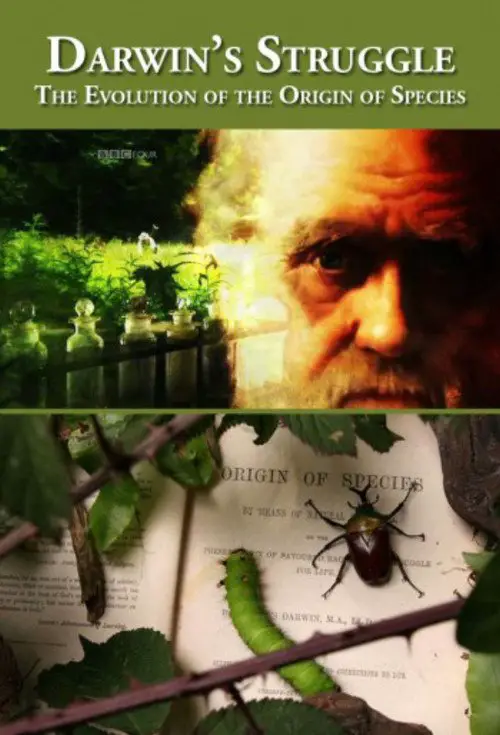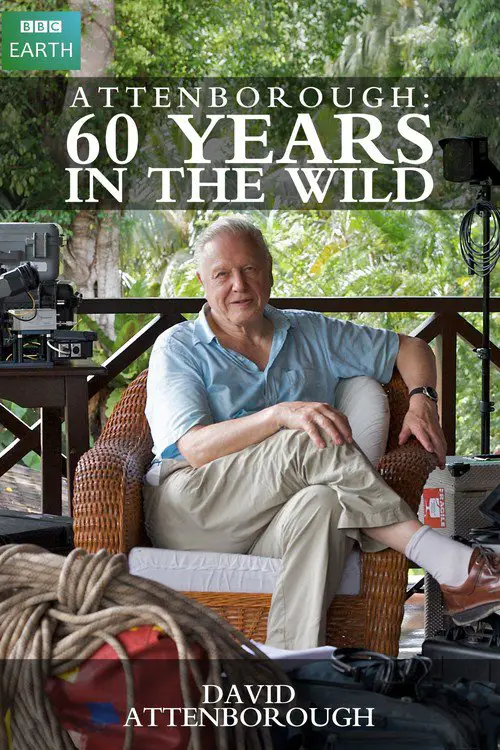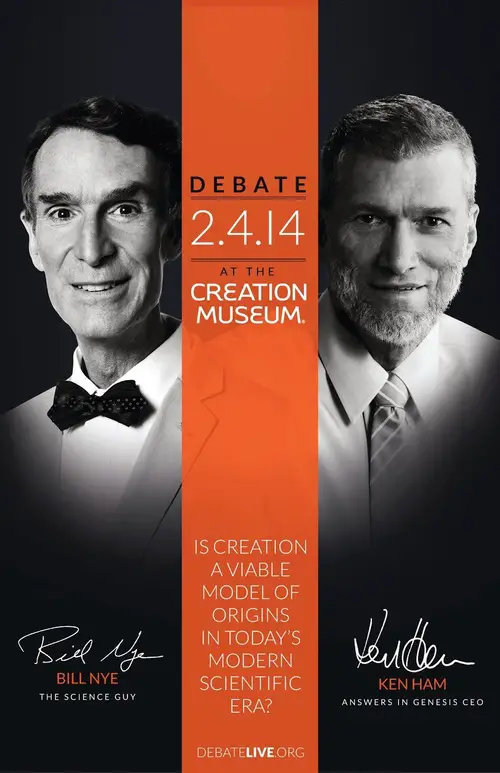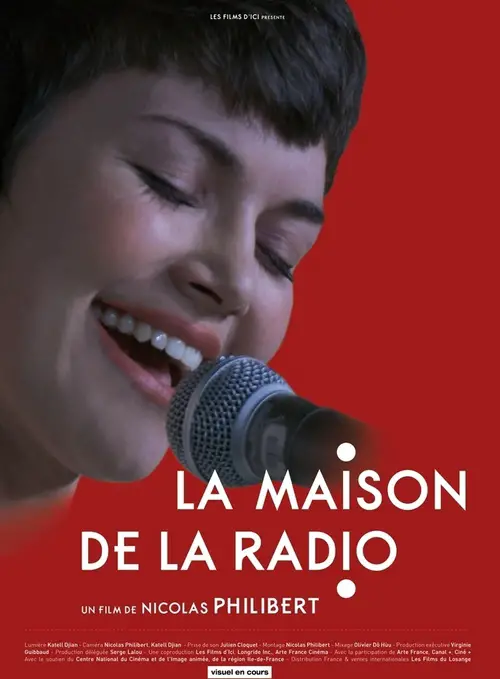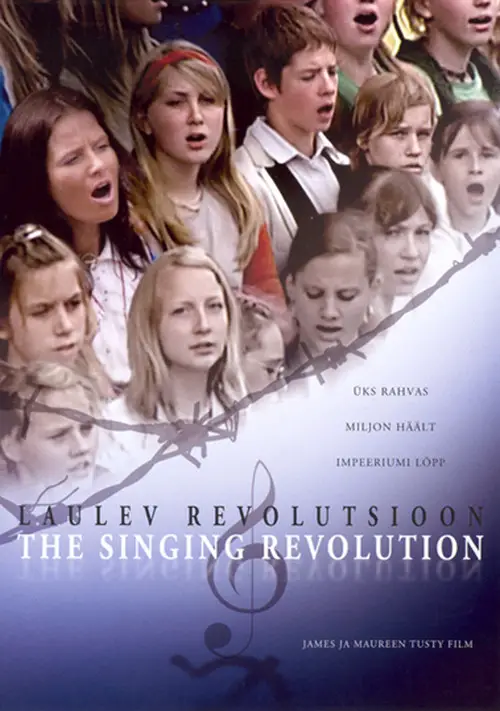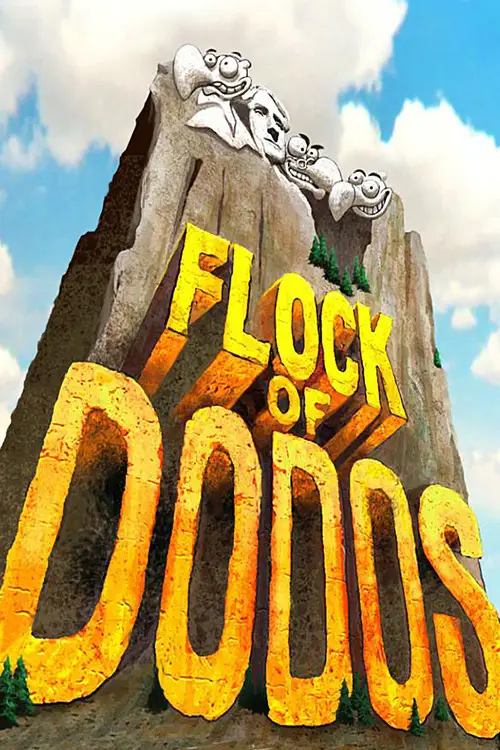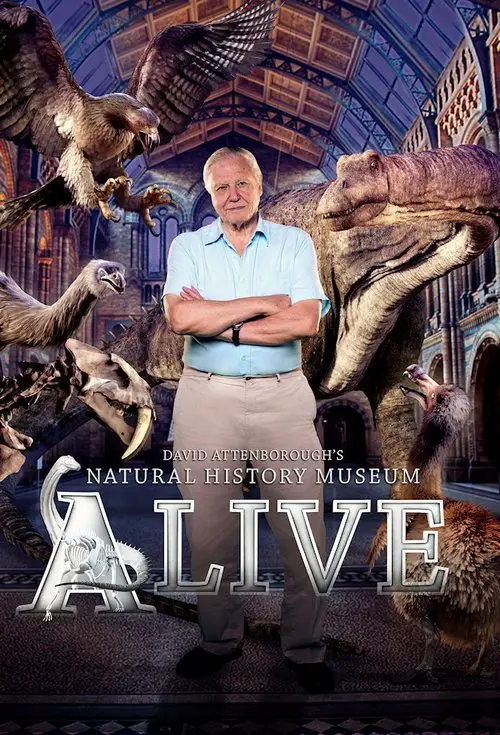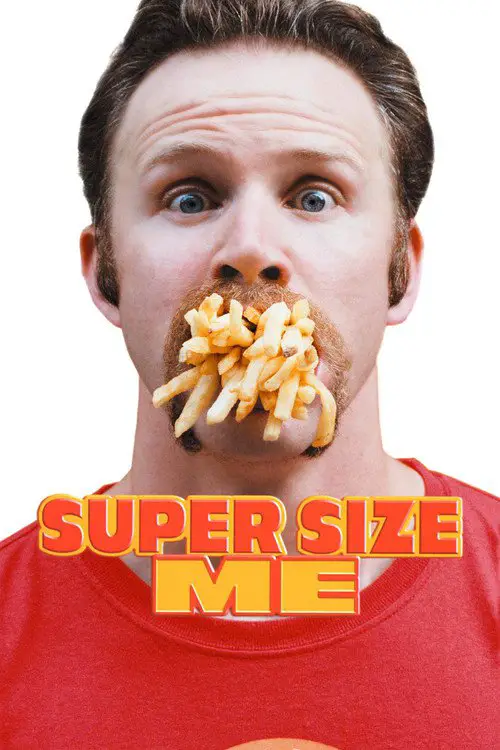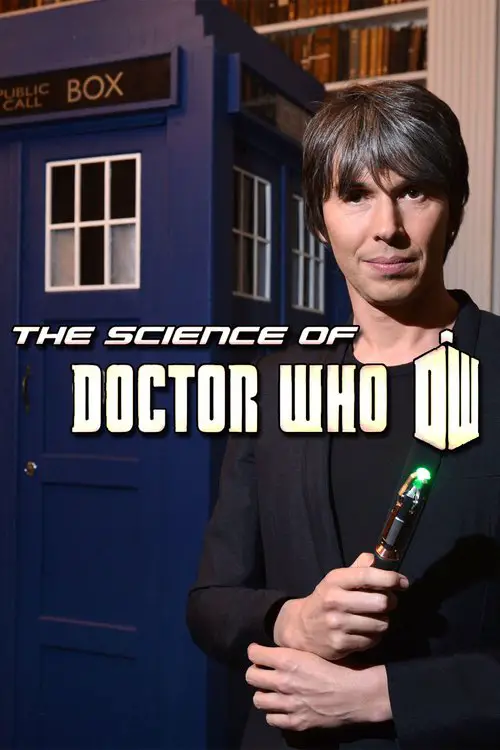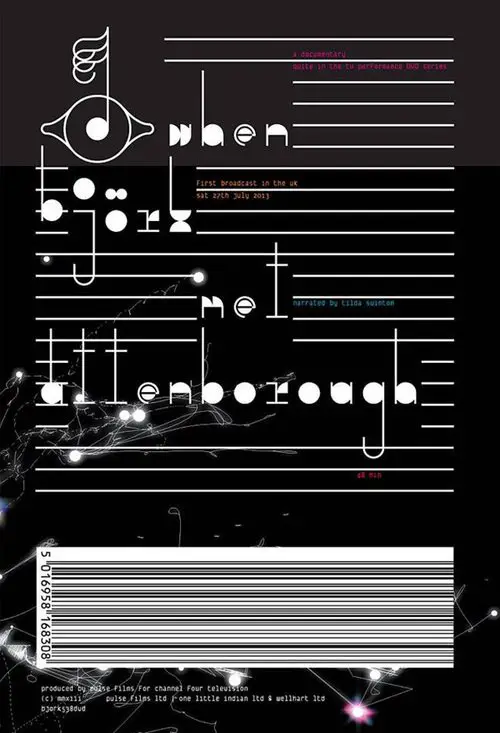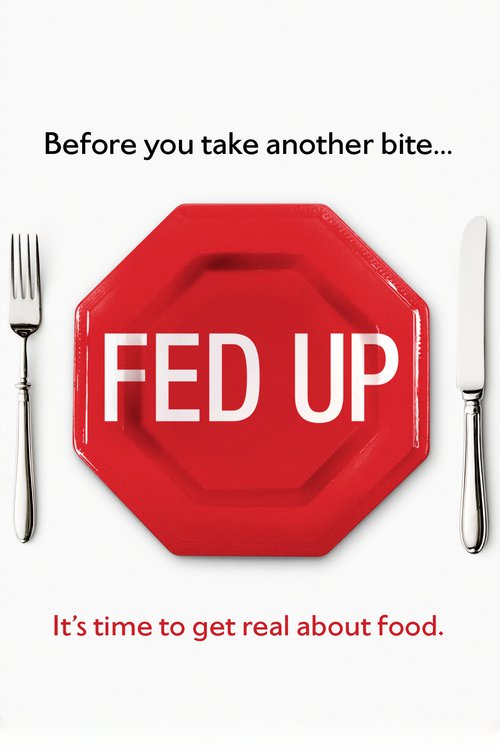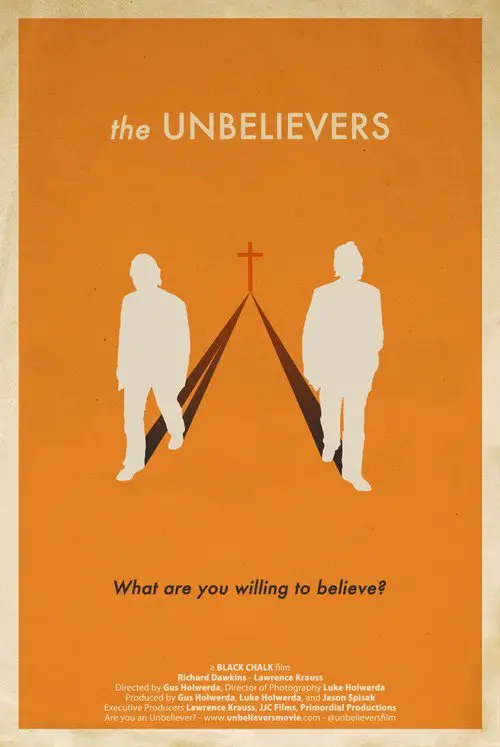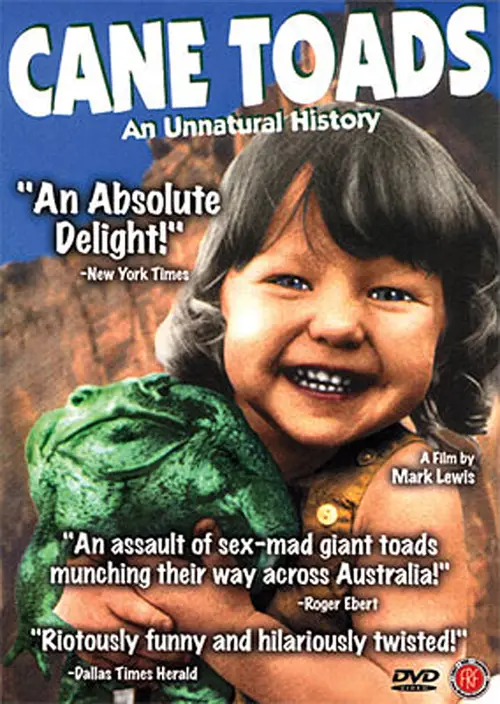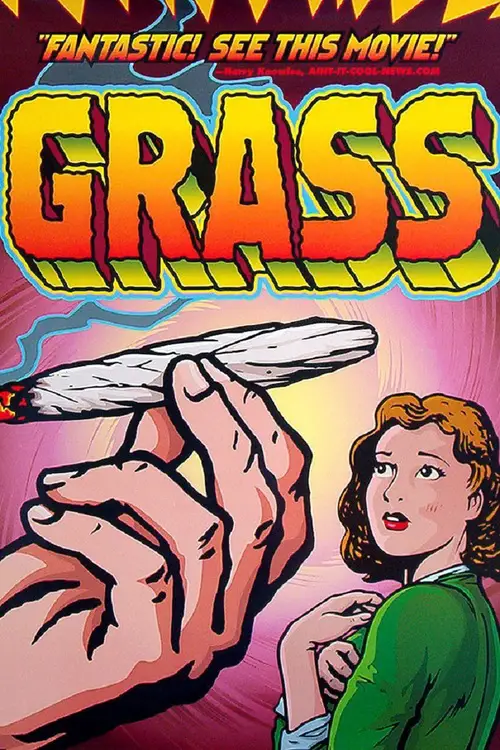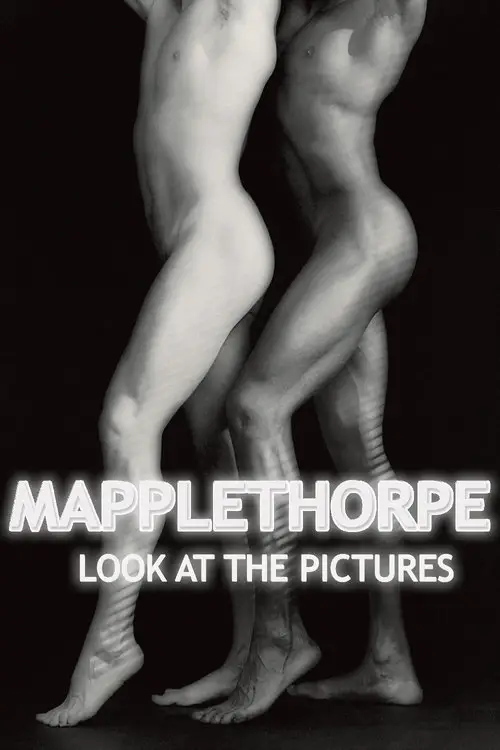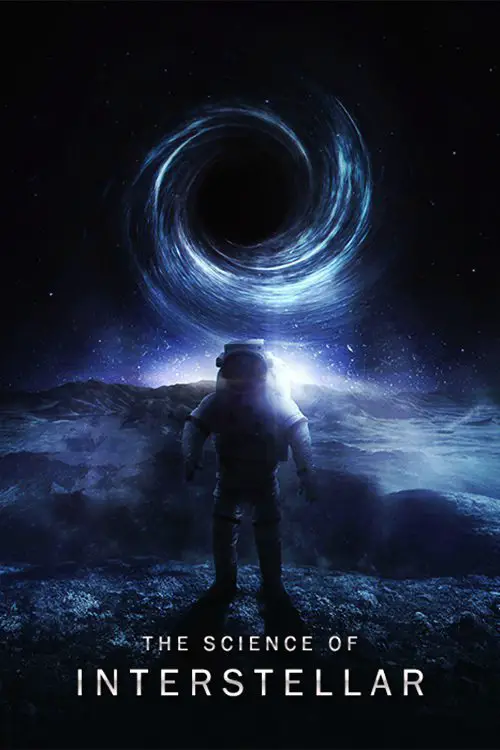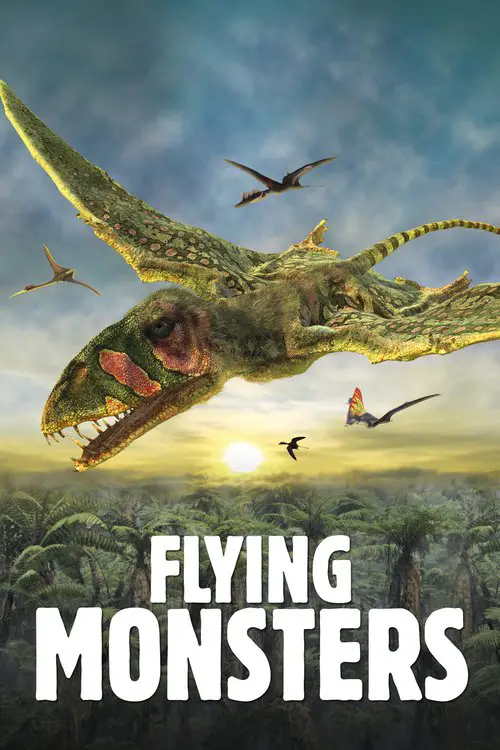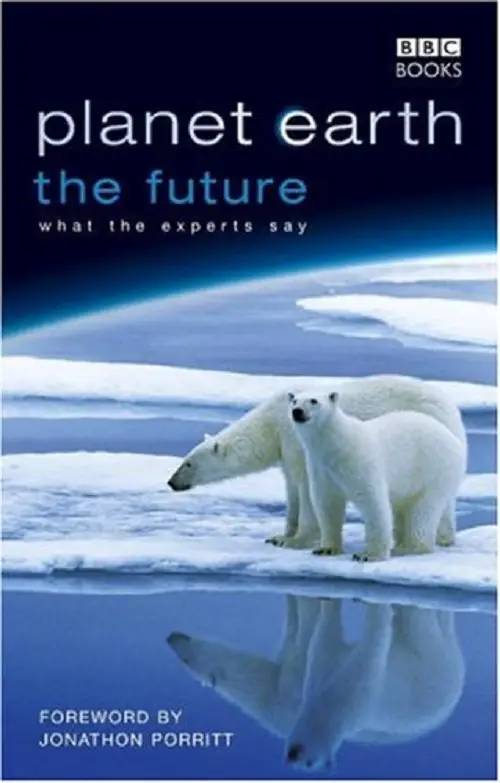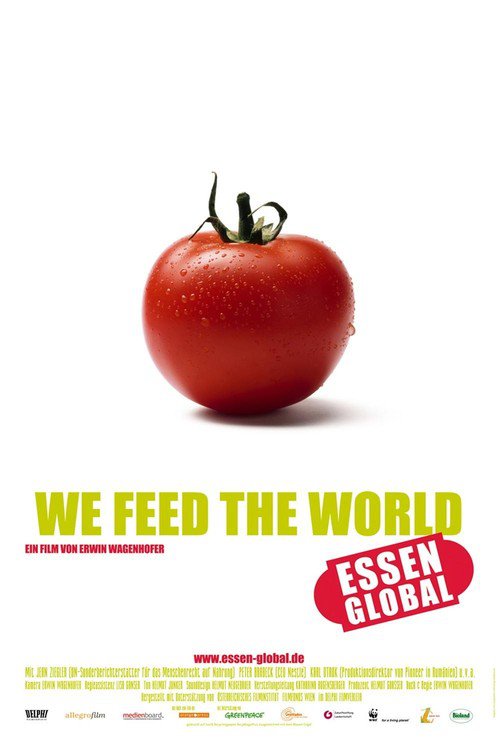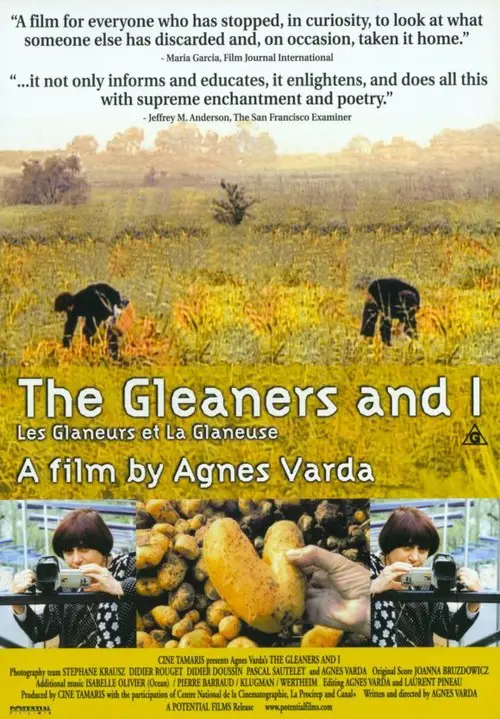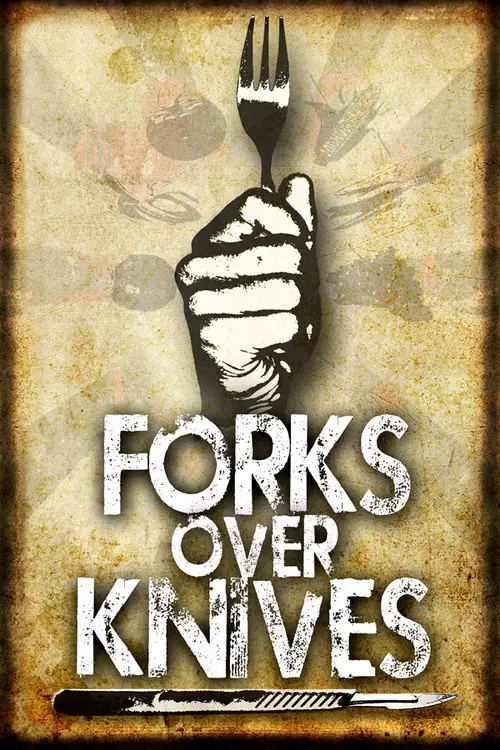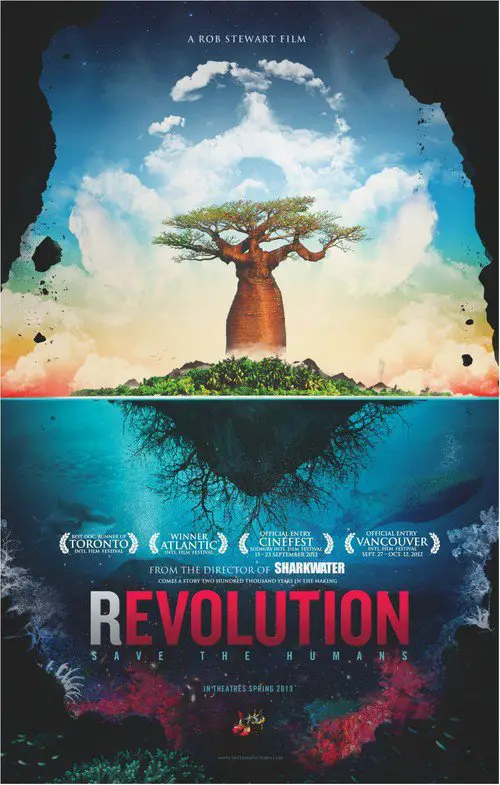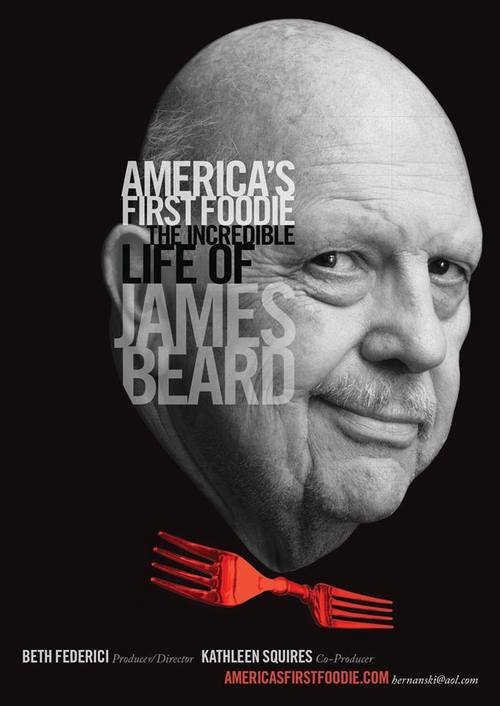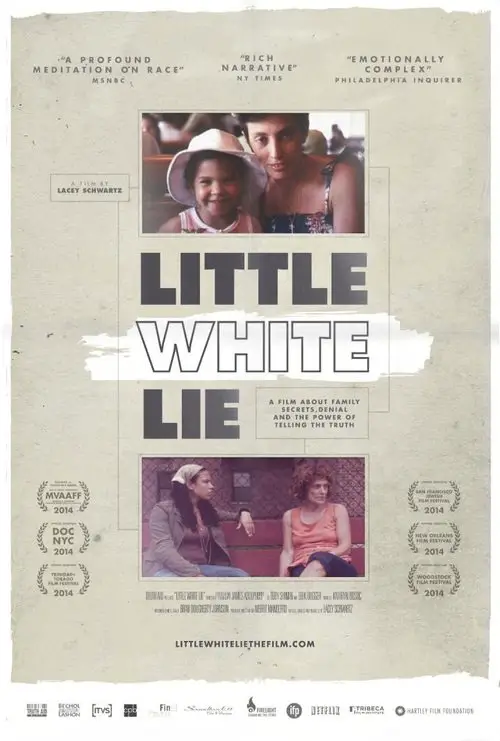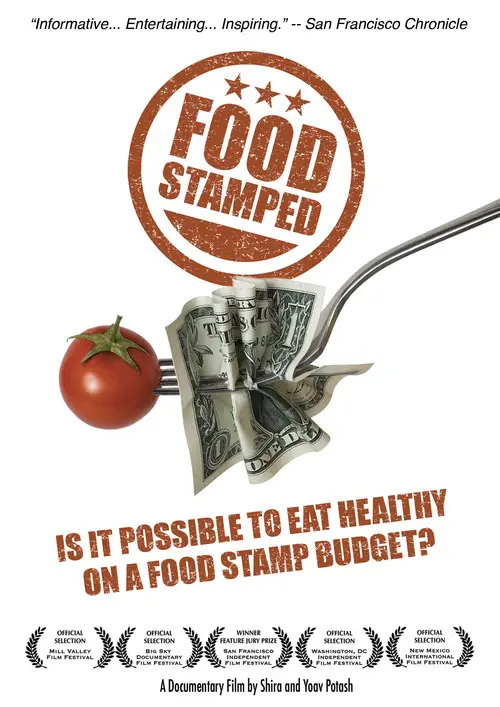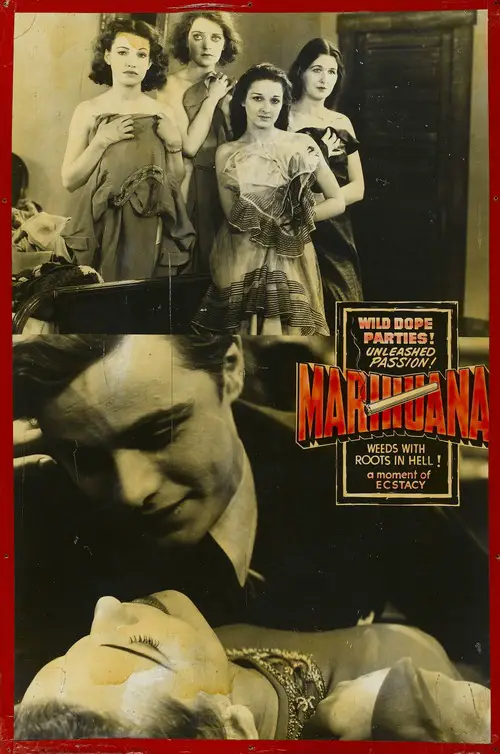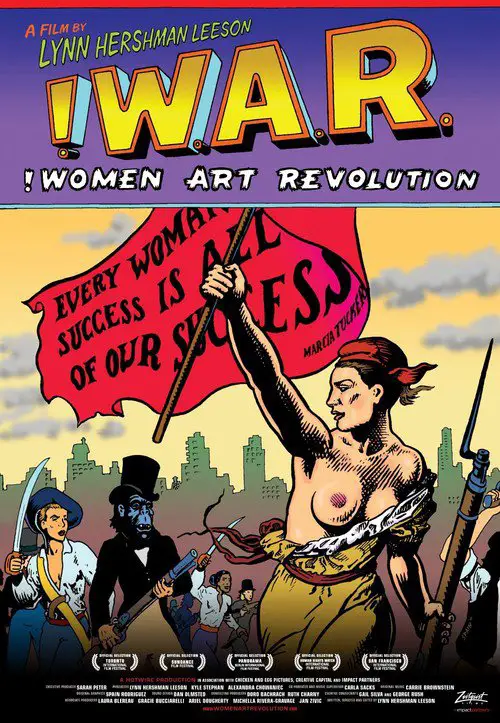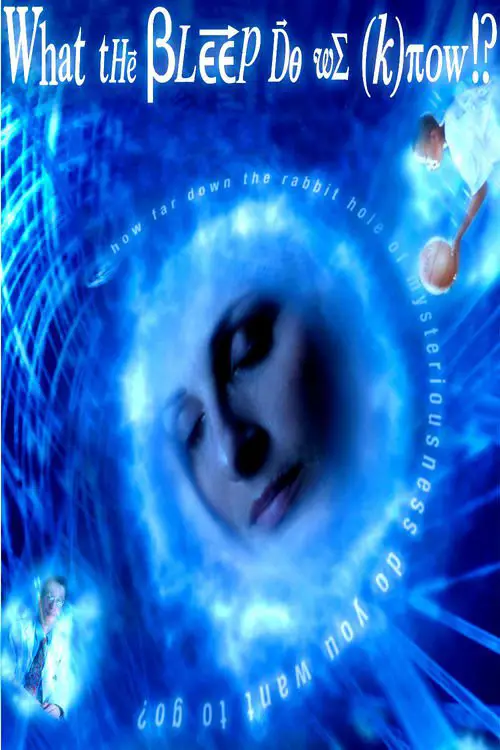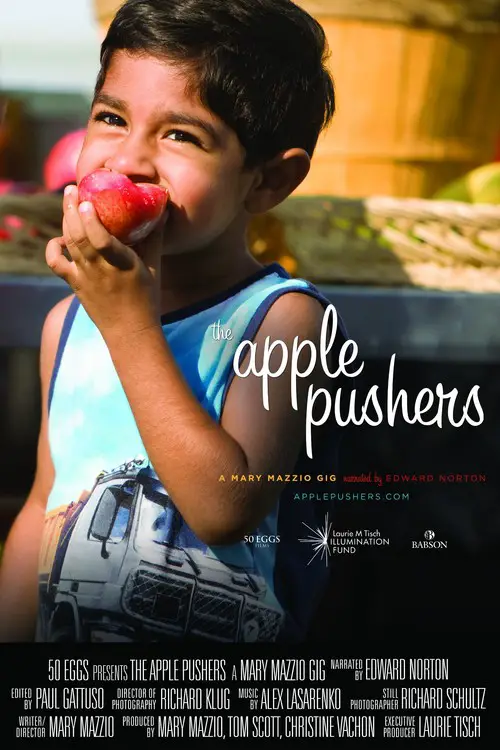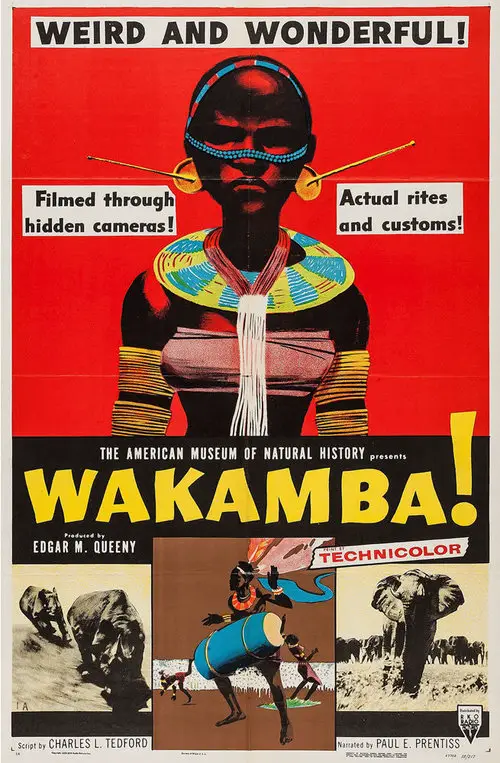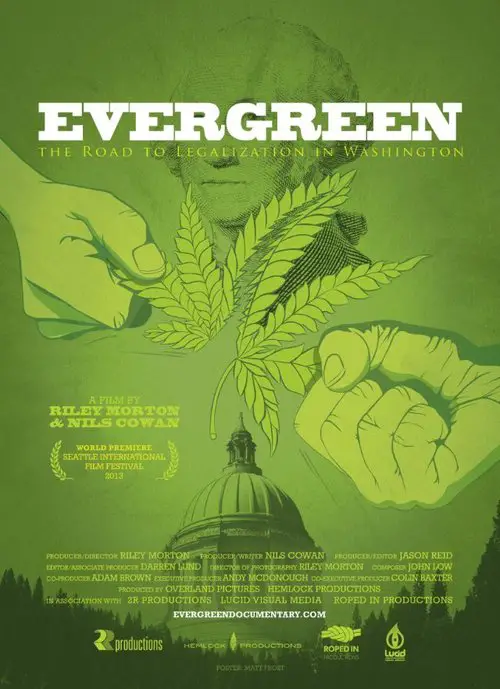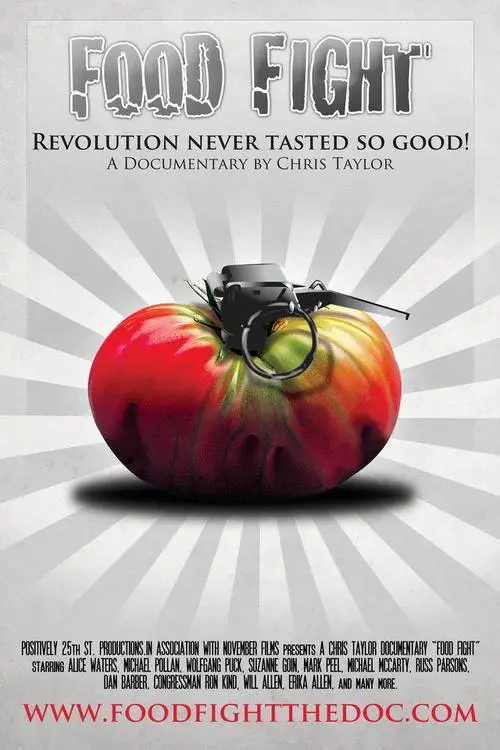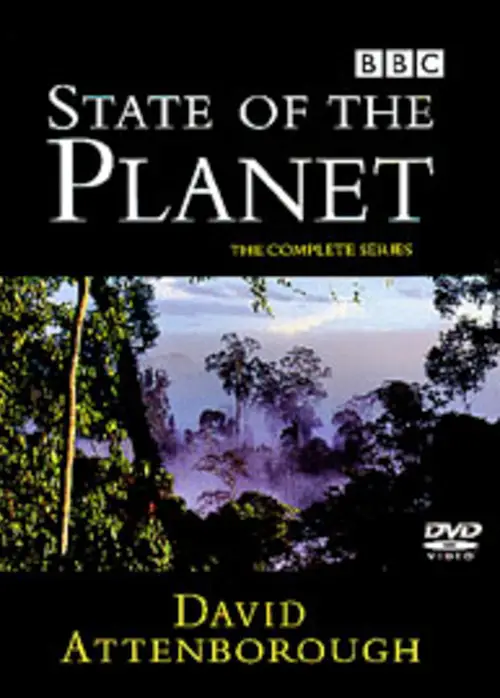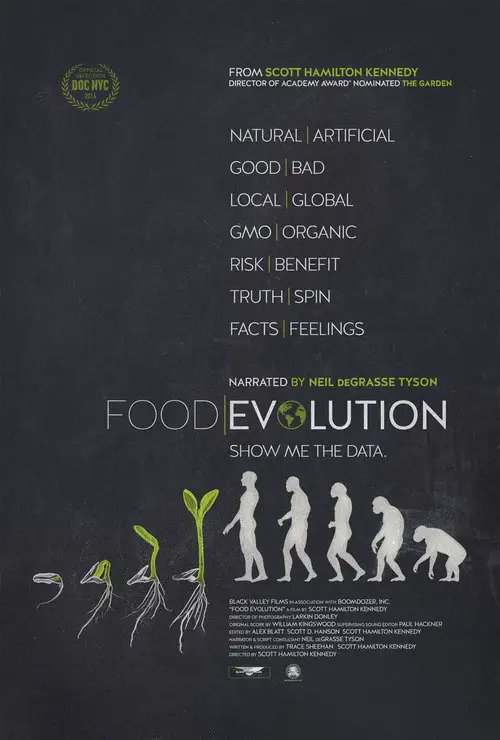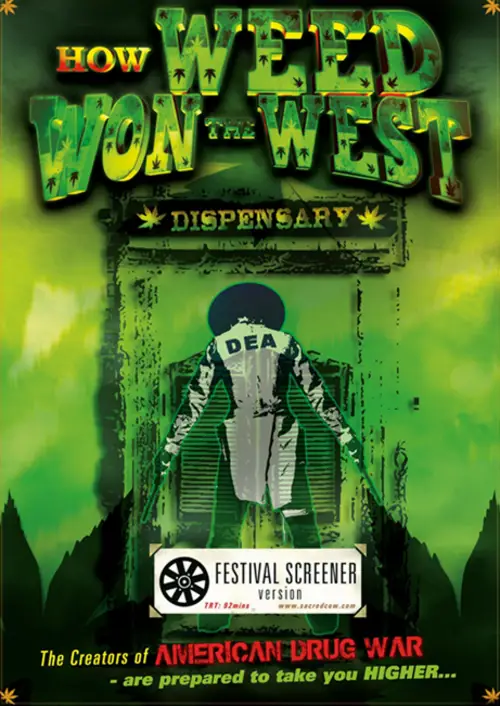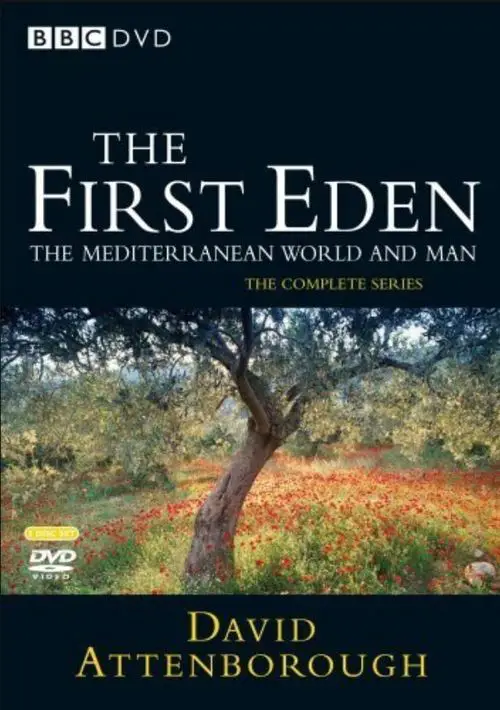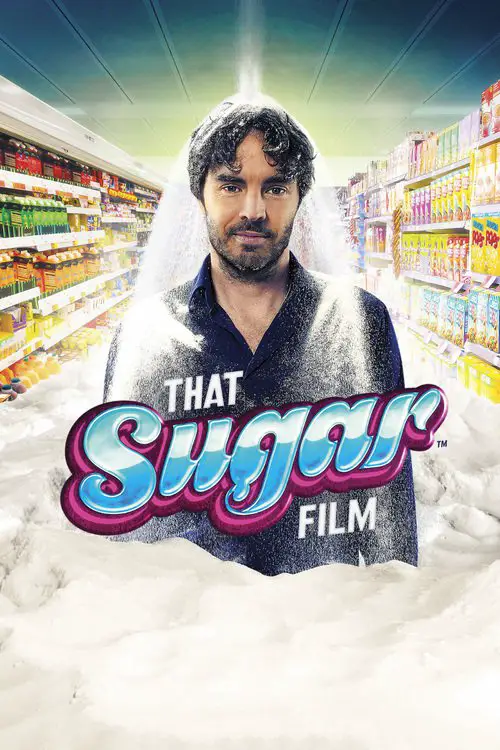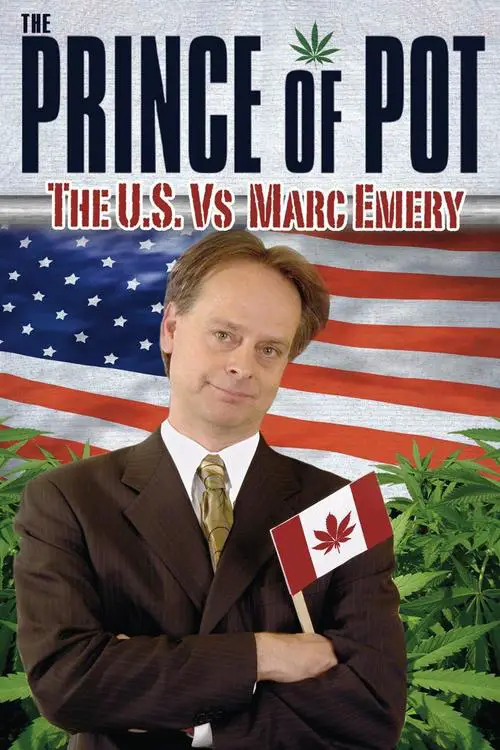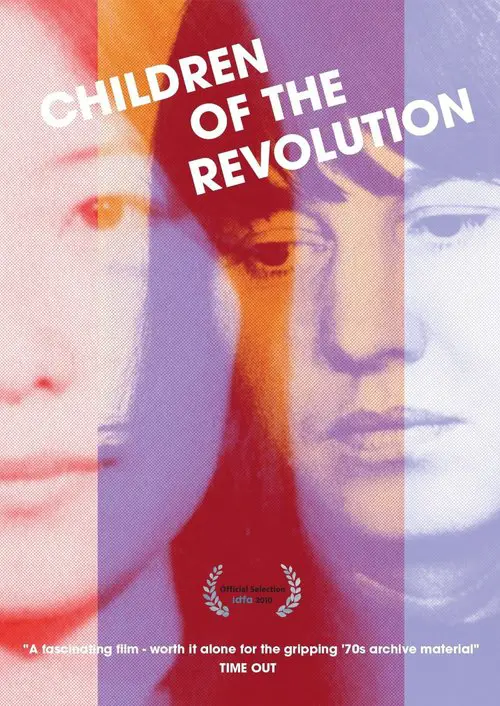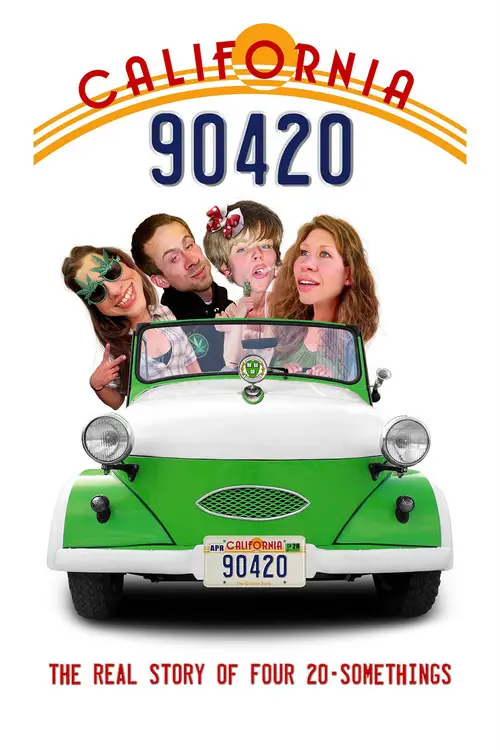The Botany of Desire (2009)
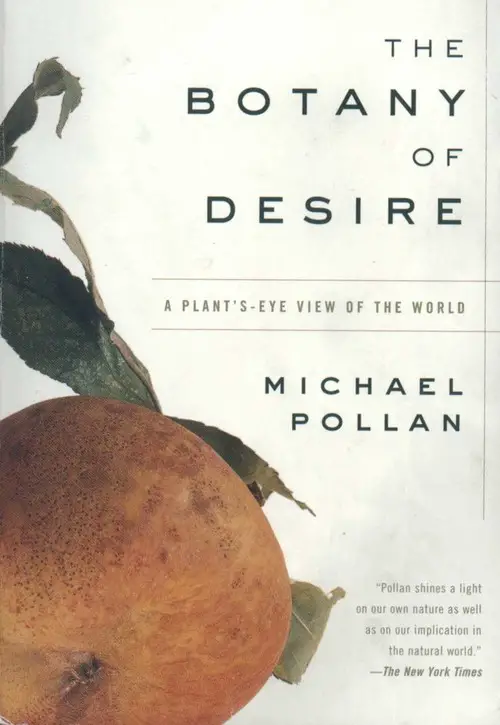
Similar movies
Geologist Ian Stewart explain in three stages of natural history the crucial interaction of our very planet's physiology and its unique wildlife. Biological evolution is largely driven bu adaptation to conditions such as climate, soil and irrigation, but biotopes were also shaped by wildlife changing earth's surface and climate significantly, even disregarding human activity.
In The Private Life of Plants, David Attenborough takes us on a guided tour through the secret world of plants, to see things no unaided eye could witness. He shows us the struggles of plants to survive in a story that is full of extraordinary drama and breath-taking beauty.Each programme in this six-part series focuses on one of the critical stages through which every plant must pass if it is to survive:- travelling, growing, and flowering; struggling with one another; creating alliances with other organisms both plant and animal; and evolving complex ways of surviving in the earth's most ferociously hostile environments.
A documentary series from Channel 4, hosted by professor Richard Dawkins, well-known darwinist. The series mixes segments on the life and discoveries of Charles Darwin, the theory of natural selection and evolution, and Dawkins' attempts at convincing a group of school children that evolution explains the world around us better than any religion.
Darwin's great insight â that life has evolved over millions of years by natural selection â has been the cornerstone of all David Attenboroughâs natural history series. In this documentary, he takes us on a deeply personal journey which reflects his own life and the way he came to understand Darwinâs theory.
Hosted by Ben Stein, this controversial documentary examines how pro-intelligent design scholars and scientists are often chastised, fired or denied tenured positions by those who believe in Darwin's theory of evolution. Nathan Frankowski's film explores how scientists who believe in God are oppressed and how the acceptance of Darwinism might have played a role in the formation of the Nazi regime.
The story is a documentary of research that shows fairly conclusively that plants are actually aware of what goes on around them, even miles away. It is somewhat humorous in the methods it uses to prove the secret life of plants, but thought-provoking in the conclusions it arrives at. The most wonderful thing about the film is the soundtrack. This is original music composed by Stevie Wonder. There is even a scene in the film of Stevie singing one of his songs in a boat on a river. This scene is very moving, as Stevie is blind and yet able to know where he is going. The scene is the climax to the movie, and metaphoric as to what has been presented about plants, that although they don't seem to have senses as human beings and animals do, they are quite well aware of what is going on around them and where they fit into this in the evolutionary process.
Documentary telling the little-known story of how Darwin came to write his great masterpiece, On the Origin of Species, a book which explains the wonderful variety of the natural world as emerging out of death and the struggle of life. In the twenty years he took to develop a brilliant idea into a revolutionary book, Darwin went through a personal struggle every bit as turbulent as that of the natural world he observed. Fortunately, he left us an extraordinary record of his brilliant insights, observations of nature, and touching expressions of love and affection for those around him. He also wrote frank accounts of family tragedies, physical illnesses and moments of self-doubt, as he laboured towards publication of the book that would change the way we see the world. The story is told with the benefit of Darwin's secret notes and correspondence, enhanced by natural history filming, powerful imagery from the time and contributions from leading contemporary biographers and scientists.
Making a film about a radio station doesnât sound like the most visually compelling of projects. How many takes do you need before the acoustic transition from the opening to the closing of a door is perfect or the reader's voice correctly modulated? Nicolas Philibert has accepted the challenge to portray that which cannot be seen. Shouldering his camera, he spent half a year wandering the endless corridors of Radio Franceâs âround houseâ on the banks of the Seine where he filmed people who dedicate themselves utterly and meticulously to their work.
Determined to find out the true effects of marijuana on the human body, stand-up comedian and former Stoner of the Year Doug Benson documents his experience avoiding pot for 30 days and then consuming massive amounts of the drug for 30 days. More than just an amusing story of one man's quest to get superhigh, this documentary also examines the hotly contested debate over medical marijuana use.
Most people don't think about singing when they think about revolutions. But song was the weapon of choice when, between 1986 and 1991, Estonians sought to free themselves from decades of Soviet occupation. During those years, hundreds of thousands gathered in public to sing forbidden patriotic songs and to rally for independence. "The young people, without any political party, and without any politicians, just came together ... not only tens of thousands but hundreds of thousands ... to gather and to sing and to give this nation a new spirit," remarks Mart Laar, a Singing Revolution leader featured in the film and the first post-Soviet Prime Minister of Estonia. "This was the idea of the Singing Revolution." James Tusty and Maureen Castle Tusty's "The Singing Revolution" tells the moving story of how the Estonian people peacefully regained their freedom--and helped topple an empire along the way.
Documentary filmmaker Robert Kenner examines how mammoth corporations have taken over all aspects of the food chain in the United States, from the farms where our food is grown to the chain restaurants and supermarkets where it's sold. Narrated by author and activist Eric Schlosser, the film features interviews with average Americans about their dietary habits, commentary from food experts like Michael Pollan and unsettling footage shot inside large-scale animal processing plants.
Regular opening times do not apply as we accompany Sir David Attenborough on an after-hours journey around Londonâs Natural History Museum, one of his favourite haunts. The museum's various exhibits coming to life, including dinosaurs, reptiles and creatures from the ice age. Shot by the same 3D team that worked on Gravity, examines how the animals and creatures at the London museum once roamed the earth.
Morgan Spurlock subjects himself to a diet based only on McDonald's fast food three times a day for thirty days without exercising to try to prove why so many Americans are fat or obese. He submits himself to a complete check-up by three doctors, comparing his weight along the way, resulting in a scary conclusion.
"Welcome to Macintosh" is a documentary that mixes history, criticism and an unapologetic revelry of all things Apple. Whether a long time Mac fanatic or new to computers, Welcome to Macintosh explores the many ways Apple Computer (now Apple, Inc.) has changed the world, from the early days of the Apple-I to the latest the company has to offer.
Award-winning musician Björk and legendary broadcaster and naturalist Sir David Attenborough have admired each other's work for years but this is the first time they have discussed their mutual love of music and the natural world on screen. In this remarkable documentary, Björk explores our unique relationship with music and discovers how technology might transform the way we engage with it in the future.
King Corn is a fun and crusading journey into the digestive tract of our fast food nation where one ultra-industrial, pesticide-laden, heavily-subsidized commodity dominates the food pyramid from top to bottom â corn. Fueled by curiosity and a dash of naiveté, two college buddies return to their ancestral home of Greene, Iowa to figure out how a modest kernel conquered America. With the help of some real farmers, oodles of fertilizer and government aide, and some genetically modified seeds, the friends manage to grow one acre of corn. Along the way, they unlock the hilarious absurdities and scary but hidden truths about Americaâs modern food system in this engrossing and eye-opening documentary.
"With nutritionally-depleted foods, chemical additives and ourtendency to rely upon pharmaceutical drugs to treat what's wrong with our malnourished bodies, it's no wonder that modern society is getting sicker. 'Food Matters' sets about uncovering the trillion dollar worldwide "Sickness Industry" and giving people some scientifically verifiable solutions for curing disease naturally." J. Colquhoun
The cane toad was imported from Hawaii in 1935 to save Queensland's sugar crop from the grey-back beetle. It failed because the beetle could fly and the cane toad couldn't. But the cane toad stayed to become a pest of plague proportions and part of local culture and popular mythology. This offbeat and entertaining documentary presents not just the biological information, but also the surprising range of people's attitudes to these grotesque creatures, including keeping them as pets.
Marijuana is the most controversial drug of the 20th Century. Smoked by generations to little discernible ill effect, it continues to be reviled by many governments on Earth. In this Genie Award-winning documentary veteran Canadian director Ron Mann and narrator Woody Harrelson mix humour and historical footage together to recount how the United States has demonized a relatively harmless drug.
Nude men in rubber suits, close-ups of erections, objects shoved in the most intimate of placesâthese are photographs taken by Robert Mapplethorpe, known by many as the most controversial photographer of the twentieth century. Openly gay, Mapplethorpe took images of male sex, nudity, and fetish to extremes that resulted in his work still being labelled by some as pornography masquerading as art. But less talked about are the more serene, yet striking portraits of flowers, sculptures, and perfectly framed human forms that are equally pioneering and powerful.
220 million years ago dinosaurs were beginning their domination of Earth. But another group of reptiles was about to make an extraordinary leap: pterosaurs were taking control of the skies. The story of how and why these mysterious creatures took to the air is more fantastical than any fiction. In Flying Monsters 3D, Sir David Attenborough the worldâs leading naturalist, sets out to uncover the truth about the enigmatic pterosaurs, whose wingspans of up to 40 feet were equal to that of a modern day jet plane.
Planet Earth: The Future is a 2006 BBC documentary miniseries on the environment and conservation, produced by the BBC Natural History Unit as a companion to the multi-award winning nature documentary Planet Earth. The programmes were originally broadcast on BBC Four immediately after the final three episodes of Planet Earth on BBC One. Each episode highlights the conservation issues surrounding some of the species and environments featured in Planet Earth, using interviews with the film-makers and eminent figures from the fields of science, conservation, politics, and theology. The programmes are narrated by Simon Poland and the series producer was Fergus Beeley.
Agnes Varda, Grande Dame of the French New Wave, has made 2001's most acclaimed non-fiction film -- a self-described "wandering-road documentary." Beginning with the famous Jean-Francois Millet painting of women gathering wheat left over from a harvest, she focused her ever-seeking eye on gleaners: those who scour already-reaped fields for the odd potato or turnip. Her investigation leads us from forgotten corners of the French countryside to off-hours at the green markets of Paris, following those who insist on finding a use for that which society has cast off, whether out of necessity or activism. Varda's own ruminations on her life as a filmmaker (a glener of sorts) give her a connection to her subjects that creates a touching human portrait that the L.A. Weekly deemed "a protest film that's part social critique, part travelogue, but always an unsentimental celebration of human resilience."
Revolution is a new movie from internationally-acclaimed filmmaker Rob Stewart. A follow-up to his award-winning documentary Sharkwater, this continues his remarkable journey of discovery to find out that what he thought was a shark problem is actually a people problem. As Stewart's battle to save sharks escalates, he uncovers grave dangers threatening not just sharks, but humanity. In an effort to uncover the truth and find the secret to saving our own species, Stewart embarks on a life-threatening adventure through 15 countries, over four years in the making. In the past four years the backdrop of ocean issues has changed completely. Saving sharks will be a pointless endeavor if we are losing everything else in the ocean, not just sharks. Burning fossil fuels is releasing carbon dioxide into the atmosphere; changing the oceans, changing atmospheric chemistry and altering our climate.
Food in the 21st century has become much more than âmeat and potatoesâ and canned soup casseroles.â Chefs have gained celebrity status; recipes and exotic ingredients, once impossible to find, are now just a mouse click away; and the country's major cities are better known for their gastronomy than their art galleries. This food movement can be traced back to one man: James Beard. His name graces the highest culinary honor in the American food world todayâthe James Beard Foundation Awards. And while chefs all around the country aspire to win a James Beard Award, often referred to as the âculinary Oscars,â many of those same chefs know very little about the man behind the medal. Respected restaurateur Drew Nieporent summed it up when he said, âEverybody knows the name James Beard. They may not know who he is, but they know the name.â
Little White Lie tells Lacey Schwartz's story of growing up in a typical upper-middle-class Jewish household in Woodstock, NY, with loving parents and a strong sense of her Jewish identity â despite the open questions from those around her about how a white girl could have such dark skin. She believes her family's explanation that her looks were inherited from her dark-skinned Sicilian grandfather. But when her parents abruptly split, her gut starts to tell her something different. At age of 18, she finally confronts her mother and learns the truth: her biological father was not the man who raised her, but a black man named Rodney with whom her mother had had an affair. The Filmmakers Lacey Schwartz Producer/Director Mehret Mandefro Producer James Adolphus Co-Director http://www.itvs.org/films/little-white-lie
Food Stamped is an informative and humorous documentary film following a couple as they attempt to eat a healthy, well-balanced diet on a food stamp budget. Nutrition educator Shira Potash teaches nutrition-based cooking classes to elementary school students in low-income neighborhoods, most of whom are eligible for food stamps. In an attempt to walk a mile in their shoes, Shira and her documentary filmmaker husband embark on the food stamp challenge where they eat on roughly one dollar per meal. Along the way, they consult with food justice activists, nutrition experts, politicians, and ordinary people living on food stamps, all in order to take a deep look at the struggles low-income Americans face every day while trying to put three-square meals on the table.
A young girl named Burma attends a beach party with her boyfriend and after she smokes marijuana with a bunch of other girls, she gets pregnant and another girl drowns while skinny dipping in the ocean. Burma and her boyfriend go to work for the pusher in order to make money so they can get married. However, during a drug deal her boyfriend is killed leaving Burma to fend for herself. Burma then becomes a major narcotics pusher in her own right after giving up her baby for adoption.
Amanda (Marlee Maitlin) is a divorced woman who makes a living as a photographer. During the Fall of the year Amanda begins to see the world in new and different ways when she begins to question her role in life, her relationships with her career and men and what it all means. As the layers to her everyday experiences fall away insertions in the story with scientists, and philosophers and religious leaders impart information directly to an off-screen interviewer about academic issues, and Amanda begins to understand the basis to the quantum world beneath. During her epiphany as she considers the Great Questions raised by the host of inserted thinkers, Amanda slowly comprehends the various inspirations and begins to see the world in a new way.
Filmmaker Adam Scorgie explores the illegal marijuana industry in British Columbia, revealing how the international business is most likely more profitable than it would be if it was lawful in this enlightening documentary. Marijuana growers, law enforcement officials, physicians, politicians, criminologists, economists and celebritiesâincluding comedian Tommy Chongâshed light on this topical subject in a series of compelling interviews.
American docudrama film which takes place in Kenya. It is a dramatized presentation of some of the social customs of the Bantu people, as represented through a young native hunter, Tandu. Narrated by Paul E. Prentiss, the film was a co-production of the American Museum of Natural History and Jarville Studios.
One year after discovering the Burning Man Festival, filmmaker Joe Winston and his pals return to the desert. "What this party really needs is a comfortable living room setting, where people can watch TV and drink beer," they proudly declare. Unfortunately, creating the "Couch Potato Camp" over 50 miles from the nearest hardware store turns out to be harder than they thought...
A documentary film based on the life of scientist Steven Hawking. The film explores the intimate life of Steven Hawking through him, his friends and his family, as he goes through school, is diagnosed with a degenerative disease, and discovers revolutionary theories about time, black holes, and the origin of the universe. A visually interesting and at times funny film about a extraordinary life.
As society tackles the problem of feeding our expanding population safely and sustainably, a schism has arisen between scientists and consumers, motivated by fear and distrust. Food Evolution, narrated by Neil deGrasse Tyson, explores the polarized debate surrounding GMOs. Looking at the real-world application of food science in the past and present, the film argues for sound science and open-mindedness in a culture that increasingly shows resistance to both.
While California is going bankrupt, one business is booming. "How Weed Won the West" is the story of the growing medical cannabis / marijuana industry in the greater Los Angeles area, with over 700 dispensaries doling out the buds. As a treatment for a wide range of conditions, cannabis is quickly proving itself as a healthier natural alternative to many prescription drugs.
One man's journey to discover the bitter truth about sugar. Damon Gameau embarks on a unique experiment to document the effects of a high sugar diet on a healthy body, consuming only foods that are commonly perceived as 'healthy'. Through this entertaining and informative journey, Damon highlights some of the issues that plague the sugar industry, and where sugar lurks on supermarket shelves.
Marc Emery, Canada's most prominent marijuana activist popularly known as the "Prince of Pot," faces extradition to the U.S. and a possible life sentence for selling marijuana seeds. "Prince of Pot" follows the controversial self-made leader of the marijuana movement as he attempts to raise an army of pot activists and lead them into battle against the U.S. Federal Government and their drug enforcement police, the D.E.A. Through Emery's unique life and career as a civil agitator -- from his beginnings in London, Ontario to his showdown with the U.S. Drug Czar in Vancouver and D.E.A. in Montreal -- the film examines deeper questions: Canadian sovereignty and police integration in a world dominated by its southern neighbor. Written by Nick Wilson
© Valossa 2015–2026
| Privacy Policy
